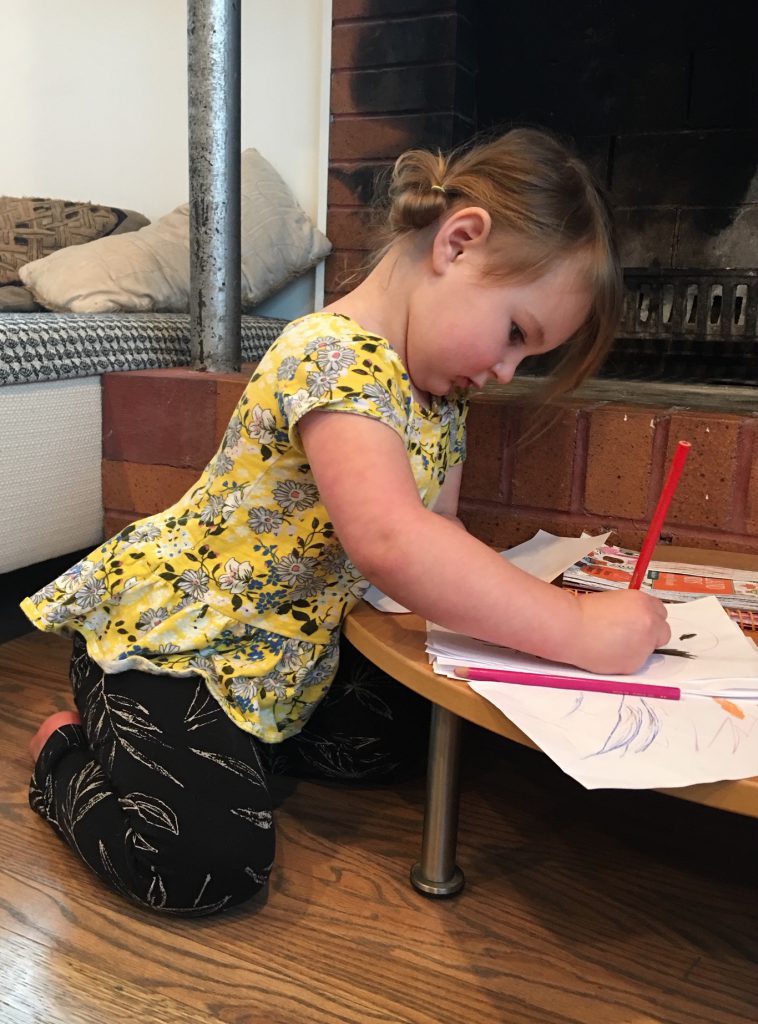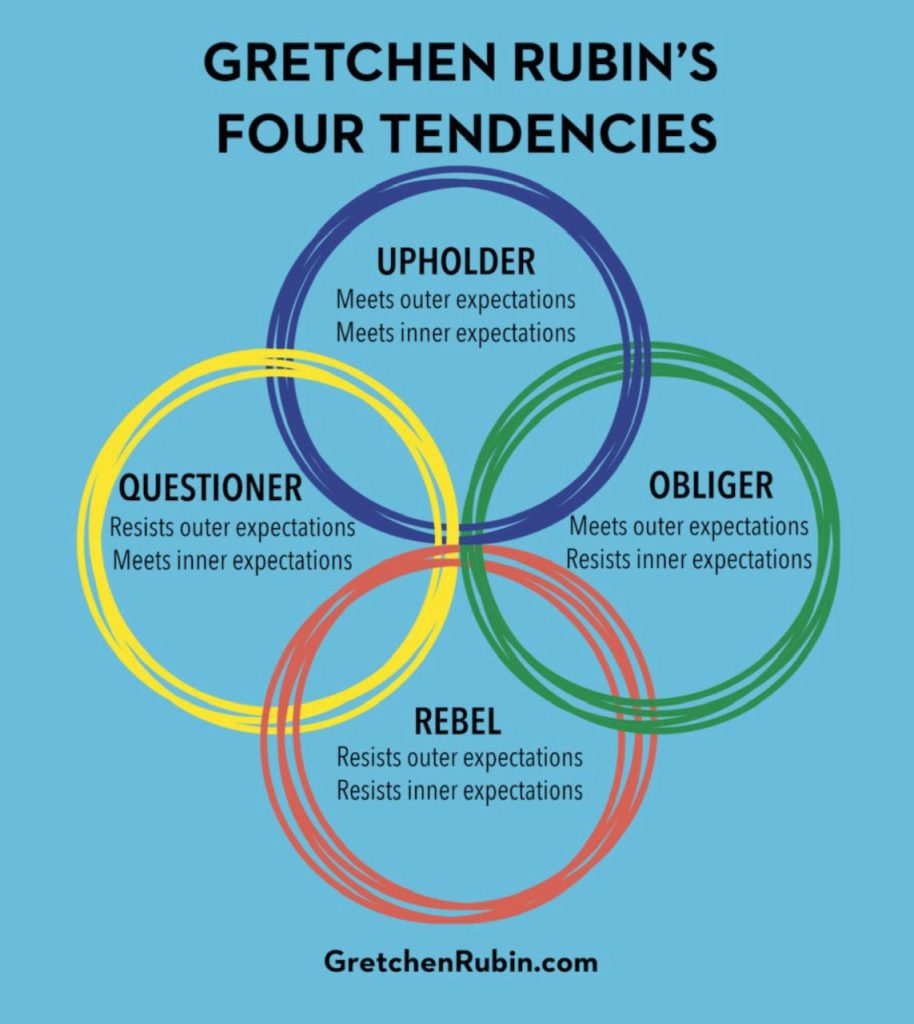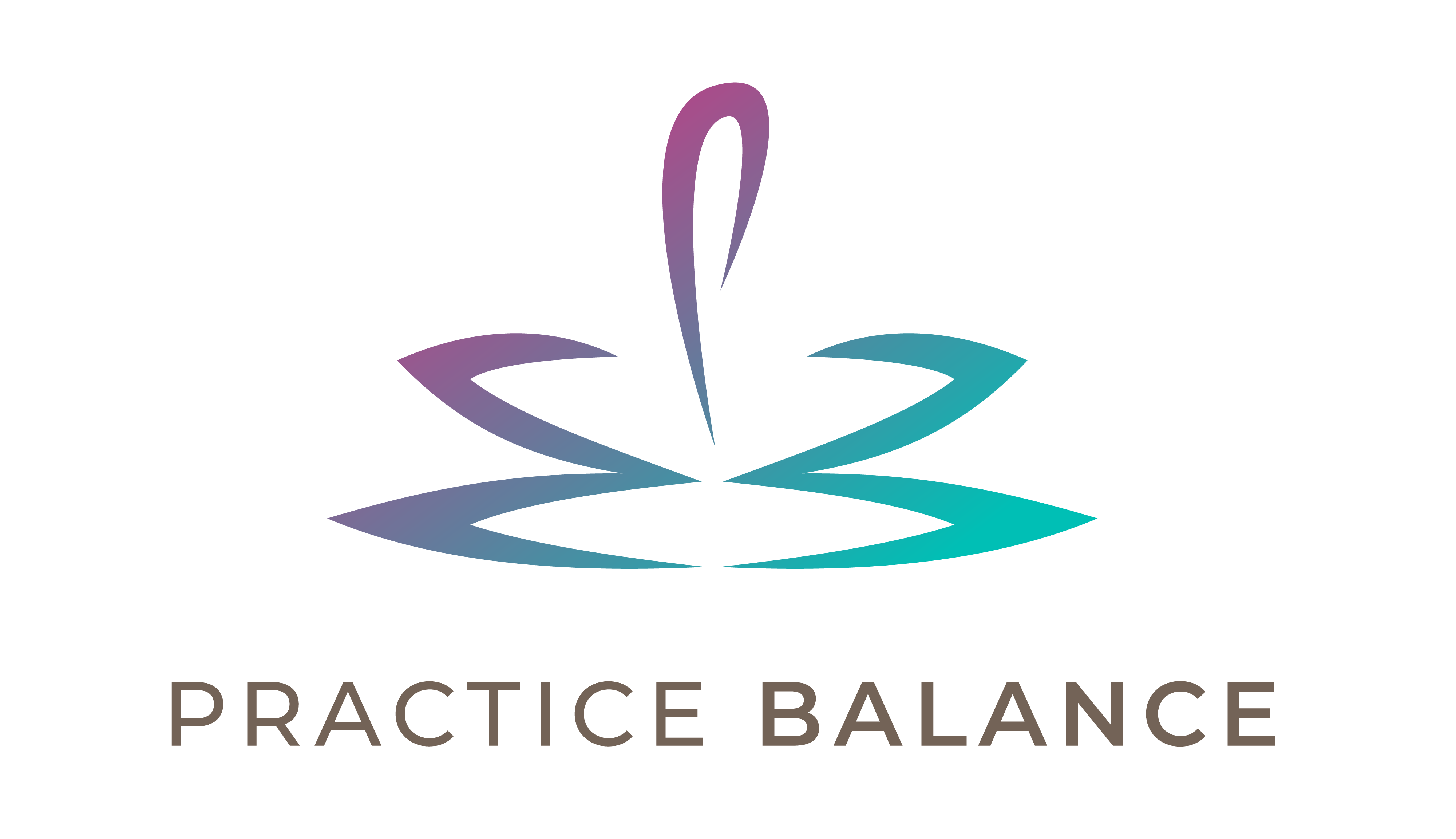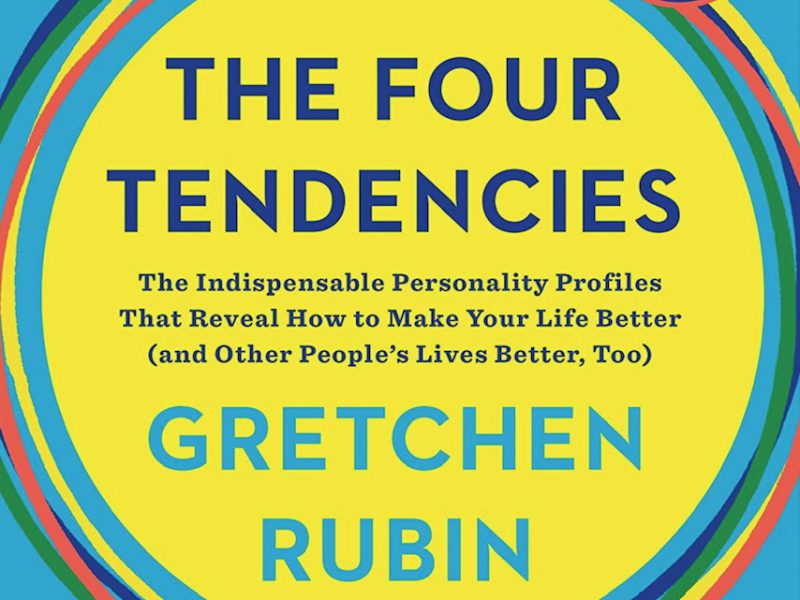I’m a longtime fan of Gretchen Rubin and have been wanting to review this book since it was released. She conceived of The Four Tendencies framework while writing Better Than Before, so she’s been discussing it on her podcast and on her blog for a while now. Alas… despite knowing quite a bit about the framework and having taken the test myself to know my tendency, I just got around to reading the actual book this summer.

Gretchen’s approach to sharing this framework is very egalitarian; as mentioned, she blogged extensively about the framework before publishing her book and, unlike some self-knowledge gurus with books, still offers the quiz for free on her website. In fact, she smartly used reactions and responses from people taking her test online early to formulate some of the discussion in this book.
The Questioners (see below) reading this may wonder about the validity of this framework. Of course, this measure is not supported by scholarly literature. There’s no validated correlation with tendencies and work performance, for example. The closest thing I could find is this paper in a biomedical journal arguing that clinicians should use the framework to encourage better compliance for taking medications. Regardless, I’ve found it to be a very useful piece of self-knowledge when examining my own habits and those of the people close to me. Also, Gretchen reassures us in her book, blog, and many interviews explaining the tendencies that she paid for a representative sample population to take her quiz in order to avoid selection bias.
The Four Tendencies refers to inherent tendencies that we each hold when responding to both outer and inner expectations. Upholders easily meet both outer and inner expectations. Obligers (the most common tendency) easily meet outer expectations but struggle to meet their own inner expectations. Questioners easily meet inner expectations but sometimes fail to meet those imposed by others. Lastly, Rebels struggle to meet both outer and inner expectations.

By far, the most commonly-held tendency is Obliger at around 40% of the general population – which means most of us walking around excel at doing things that other people expect of us while often failing to accomplish our own inner goals. Are you the type of person who won’t go to the gym unless someone is counting on you to meet them there? Do you have no problem meeting a deadline at work but can’t seem to get it together to do a personal project at home? You’re most likely an Obliger. Finding this out about yourself can be a game changer when it comes to adopting habits like fitness regimens, work projects, etc. The key to success for Obligers often lies in finding ways to get outer accountability.
This can by eye-opening for people who’ve struggled to reach certain goals, such as losing weight or starting a business. In the case of Obligers, the remedy is often to find a means of outer accountability. I happen to be a Questioner, which means that I’m usually motivated to meet inner expectations but need to have a sense of logic for why I should be meeting an outer expectation. For people like me, a little research is often needed to find the “why” for completing tasks or choosing a certain path.
Rubin spends the first part of her book introducing the quiz and explaining the possible responses, while the second portion is dedicated to applications of the framework in different scenarios – mainly personal, work, and relationships. She delves into the strengths and weaknesses of each tendency but is careful to point out that one is not better than others. If you just take the quiz and don’t happen to read the book, you might miss this and mistakenly think (like others sometimes do – I’ve seen this in comments and call-in questions) that everyone should strive to be an Upholder.
In fact, the over-achiever nature of the Upholder might seem like it’s the ultimate way to be, but Rubin (herself an Upholder) makes it apparent through examples that Upholders can be rigid, inflexible, and unable to eschew rules when necessary. I have no problem with this. Being a Questioner, I’m able to disregard “rules” that don’t make sense for the time and place. It’s what helps me to do things differently in my life and career. However, I realize my limitations as a Questioner when making decisions… I’m very prone to analysis paralysis.
How is this framework useful? Think of how knowing your tendency could help you reach your next goal in your professional or personal life. Envision understanding your spouse better by knowing the behavior that comes with their tendency.
I’m embarking on a whole period of research in this area this fall, as I was recently chosen to present a session at the 2020 White Coat Investor Physician Wellness and Financial Literacy Conference on the topic of how self-knowledge can improve physicians’ physical, mental, and financial well-being. Stay tuned for more reviews of similar books and other self-assessment tools.
Do you know of any particularly good ones? Let me know by leaving a comment below!



 How Are Finances Related To Self-Care?
How Are Finances Related To Self-Care?

Thank you, I started reading the book. I thought I was a questioner but it turns out that I’m a rebel. I’m looking forward to analyzing this further.
The most rare type! Definitely read on in her book for more info because I’d say that Rebel strategies are not as straightforward as others.